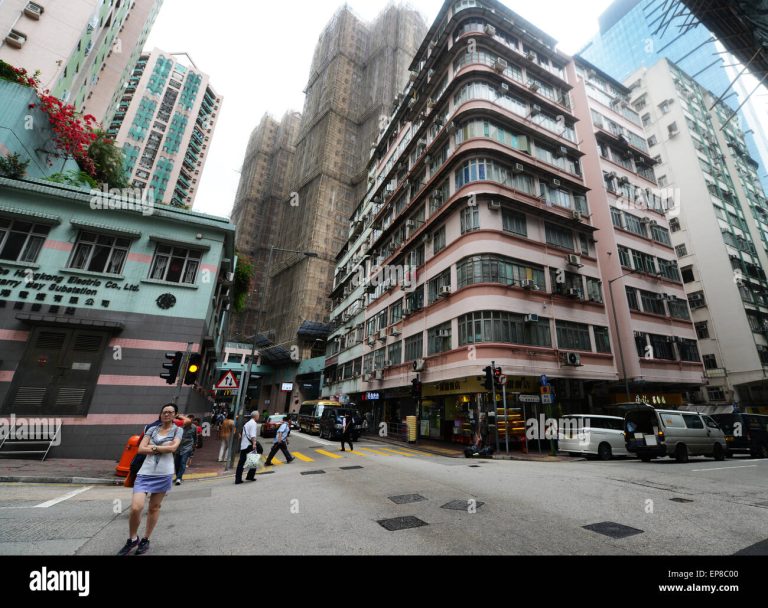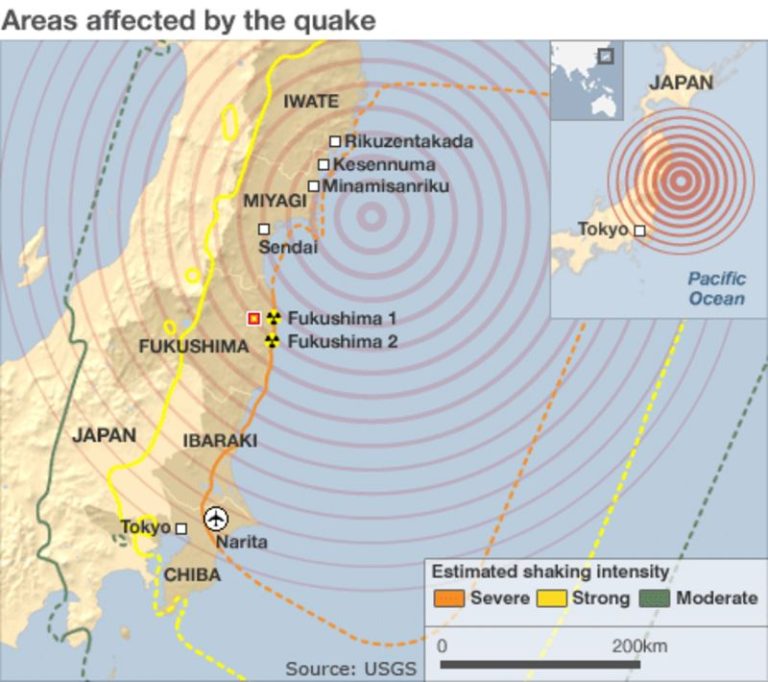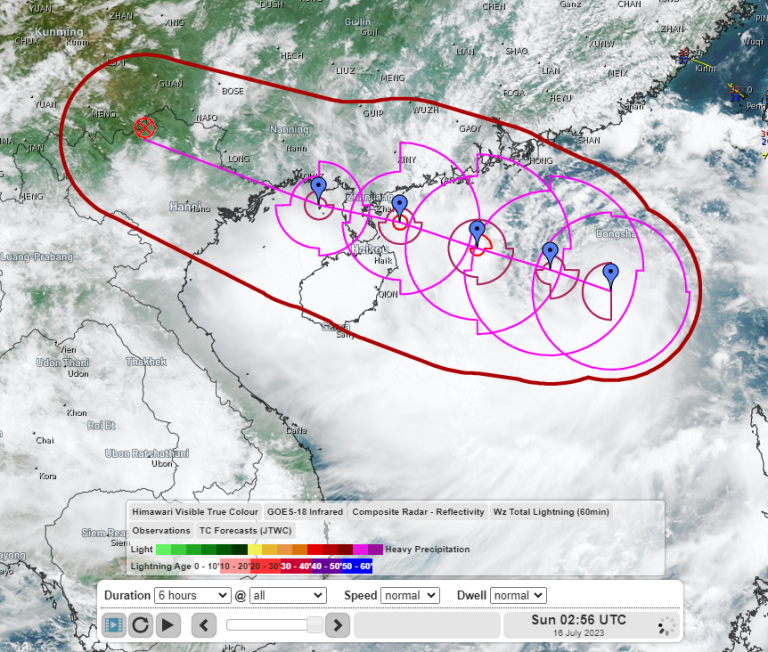Navigating Traffic Accident Support in Hong Kong: Understanding TAVAS
When unexpected traffic accidents occur, victims and their families often face not just physical and emotional challenges, but significant financial uncertainty. In Hong Kong, the Traffic Accident Victims Assistance Scheme (TAVAS) provides a critical safety net designed to offer immediate financial relief, regardless of who caused the accident.
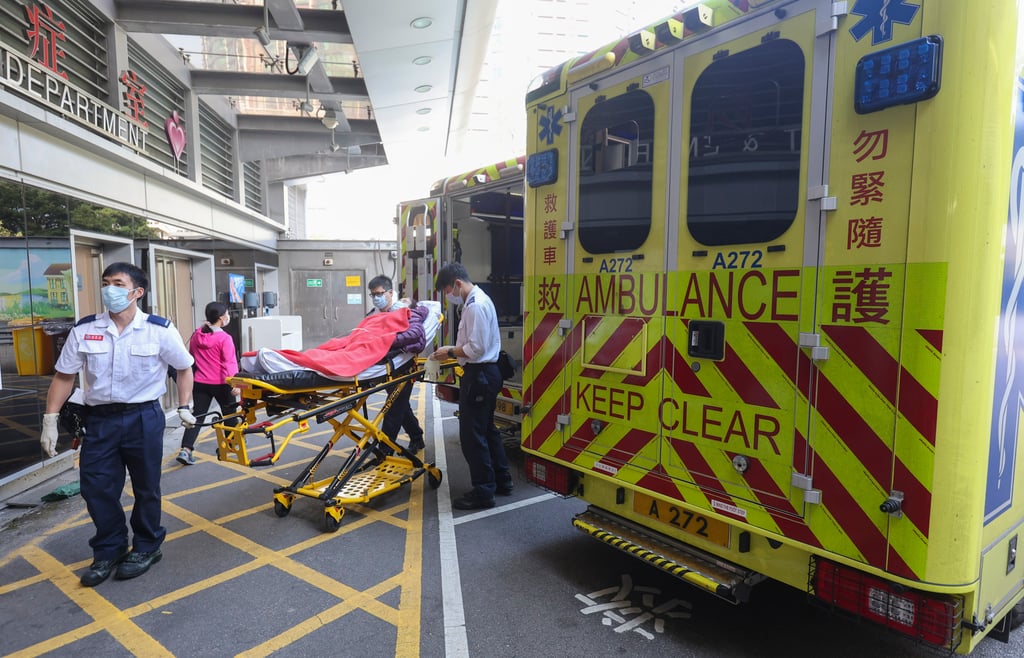
Established on May 1, 1979, TAVAS is a non-means tested program administered by the Social Welfare Department and funded through strategic levies on licensed vehicles, driving licenses, and government contributions. Its core mission is straightforward: provide swift financial assistance to traffic accident victims or their dependents, focusing exclusively on personal injury and death scenarios.
Eligibility for TAVAS comes with specific, clear-cut requirements. Accidents must be officially reported to the police, and applications must be submitted within six months of the incident. For non-fatal injuries, victims must demonstrate at least three days of documented sick leave through hospital records or a registered doctor’s certification. Importantly, receiving TAVAS support doesn’t compromise an individual’s right to pursue additional legal claims for damages.

The application process is designed to be supportive and comprehensive. Investigating police officers typically introduce the scheme to victims or their families, and applicants must complete a specialized form available through various government offices. A mandatory interview with the Social Welfare Department’s dedicated section helps verify details and expedite processing.
Applicants need to bring crucial documentation, including identity papers, medical evidence, and bank details. The department may conduct additional verification by contacting family members, employers, or the police’s Accident Investigation Unit to ensure accurate assessment.

Financial support is typically processed within four weeks and transferred directly to the applicant’s bank account. Payment levels align with the Emergency Relief Fund’s schedule and can be adjusted periodically to reflect current needs.
One unique aspect of TAVAS is its transparent legal framework. Recipients must legally notify the Director of Social Welfare about any parallel legal proceedings or claims related to the same accident. Failure to do so can result in significant penalties, including fines up to $2,000 and potential imprisonment.
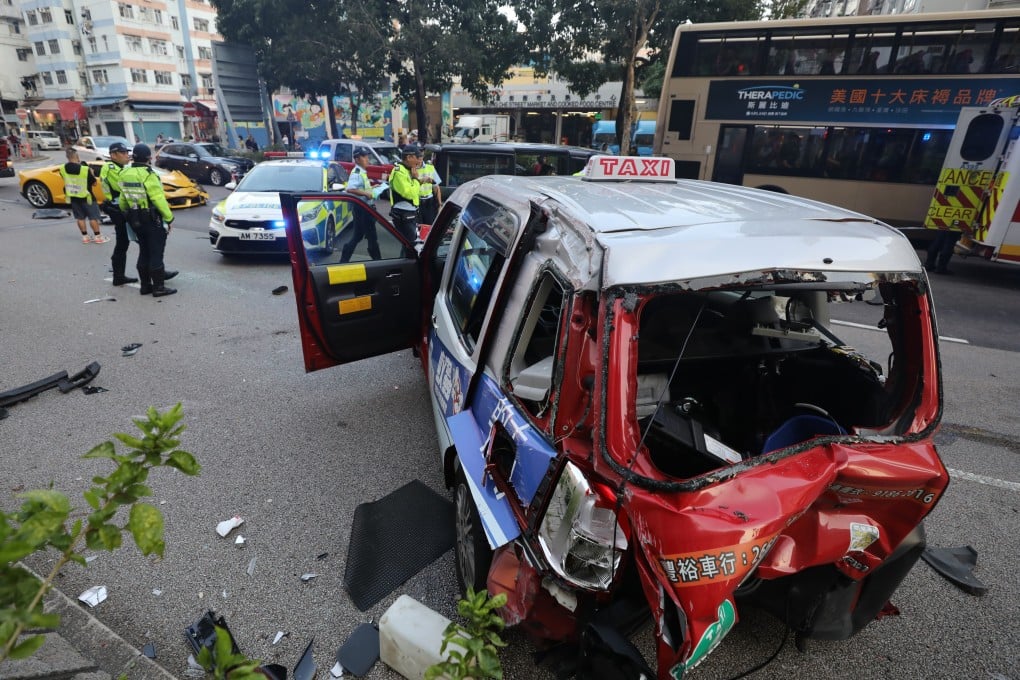
For those dissatisfied with TAVAS decisions, an independent Social Security Appeal Board offers a recourse mechanism. Individuals can appeal decisions regarding payment refusal, payment amounts, or payment recipients, ensuring a fair and accountable system.
While TAVAS provides crucial immediate support, it’s important to understand its limitations. The scheme covers only personal injury and death, explicitly excluding property damage. Moreover, if a victim receives compensation from external sources, they might be required to refund either the TAVAS payment or the external compensation, whichever is lower.
This scheme represents more than just financial assistance; it’s a compassionate governmental response to the unpredictable nature of traffic accidents. By offering rapid, non-discriminatory support, TAVAS helps alleviate some of the immediate financial stress that can compound the trauma of an unexpected traffic incident.
For Hong Kong residents, understanding TAVAS means knowing there’s a structured, supportive system ready to help during one of life’s most challenging moments. It’s a testament to the city’s commitment to social welfare and community support.

